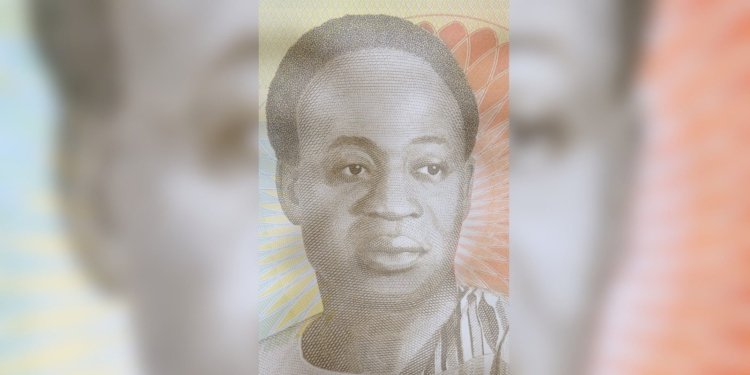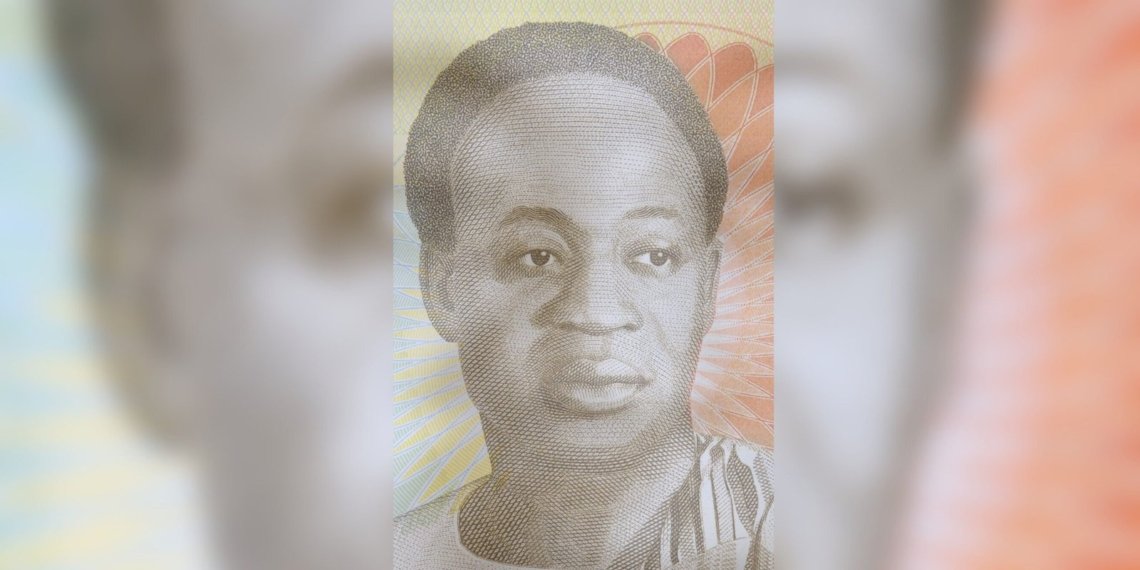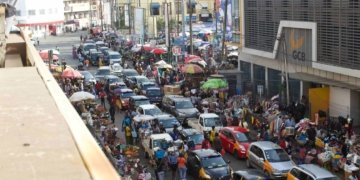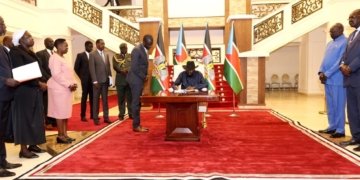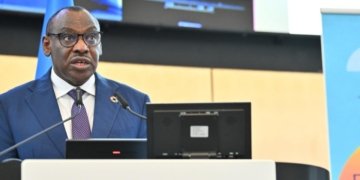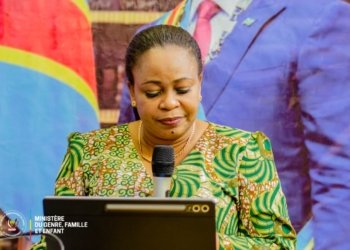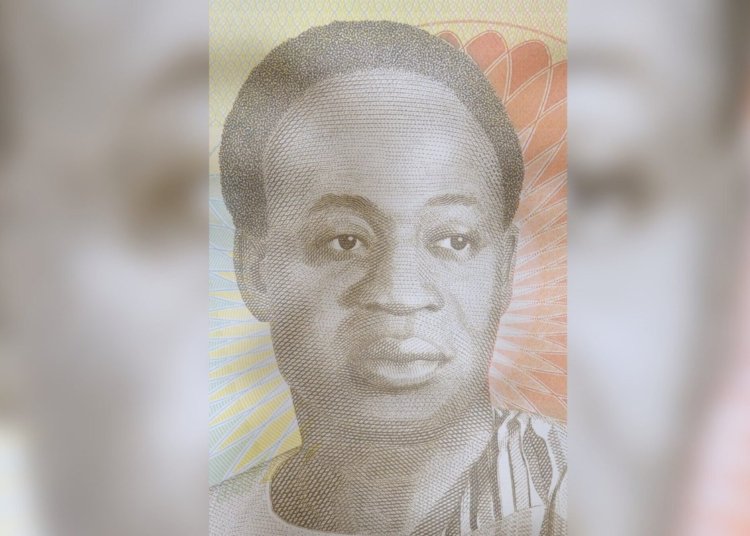ACCRA, Ghana – Kwame Nkrumah, the first prime minister and later president of Ghana, remains a defining figure in Africa’s liberation movement 53 years after his death. His leadership led Ghana to independence in 1957 and inspired anti-colonial movements across the continent.
Nkrumah’s influence extended beyond national borders. He challenged colonial rule and foreign dominance, advocating for a united Africa built on political and economic cooperation.
His vision of Pan-Africanism continues to shape discourse on the continent’s future.
“We face neither East nor West,” Nkrumah once said. “We face forward.”
Born in 1909 in Nkroful, a village in Ghana’s Western Region, Nkrumah studied in the United States and the United Kingdom.
His education abroad shaped his political views, blending African nationalism with ideas from socialism and anti-imperialism.
In 1947, he joined the United Gold Coast Convention, a political party pushing for self-government.
After disagreements over the pace of change, he founded the Convention People’s Party in 1949, rallying popular support under the slogan “Self-Government Now.”
Ghana’s independence on March 6, 1957, was a historic moment.
Nkrumah declared that the country’s freedom was incomplete without the total liberation of Africa.
Over the next decade, he supported liberation movements, convened conferences, and pushed for the establishment of African-led institutions.
His call for unity led to the formation of the Organization of African Unity in 1963, the forerunner of today’s African Union.
Through speeches, writings and diplomacy, Nkrumah became a symbol of resistance to foreign control.
“It is clear that we must find an African solution to our problems,” he said. “And that this can only be found in African unity.”
Nkrumah’s administration faced criticism for limiting political freedoms and consolidating power.
In 1966, while he was traveling abroad, his government was overthrown in a military coup.
He spent the remainder of his life in exile and died in Bucharest, Romania, on April 27, 1972.
Today, his legacy is central to Ghana’s national identity and resonates across Africa. Statues, institutions, and commemorations keep his memory alive.
Leaders continue to cite his ideas when discussing economic sovereignty, political unity, and Africa’s path toward self-reliance.
A Legacy Reflected in Today’s Continental Initiatives: AfCFTA and Beyond
Nkrumah’s vision of a connected and self-sufficient Africa continues to guide major continental initiatives.
The African Continental Free Trade Area (AfCFTA), launched in 2021, aims to create a single market across Africa’s 54 countries, advancing the ideals of economic integration and shared prosperity.
Other initiatives, such as the African Union’s Agenda 2063 and regional infrastructure projects, also reflect the pursuit of unity and self-determination that Nkrumah championed.
Still, many experts caution that achieving full continental integration remains a challenge.
Carlos Lopes, the former executive secretary of the United Nations Economic Commission for Africa, stated in 2023, “The litmus test of whether we are ready is the implementation of the Continental Free Trade Area.”
“If we fail its implementation, or we continue to go sideways, and some countries are going and negotiating bilateral deals, undermining the collective, then it’s another very interesting demonstration of Africa’s failure,” he added.
Ngozi Okonjo-Iweala, director-general of the World Trade Organization, emphasized the need to strengthen intra-African trade. “We must trade more. Intra-Africa trade has to go from 16 to 20 percent, and much more,” she said in an interview with the Council on Foreign Relations published on April 23.
Citing Lesotho’s experience, she added, “Lesotho exports $200 million worth of textiles to the U.S., about 10% of its GDP. But Africa imports $7 billion worth of textiles. Why can’t Lesotho sell its jeans within the continent?”
Okonjo-Iweala also called for building regional value chains across Africa. “Africa needs to look at itself and do its homework,” she said.
“We have potential in pharmaceuticals and critical minerals. This time, it is not for others to dig and take away. It is to add value right there, process right there, and create supply chains regionally across the continent.”
As Africa reflects on Nkrumah’s life and work, many view his ideals as more relevant than ever. His vision of a strong, independent, and united Africa remains a guiding force as the continent navigates a rapidly changing global landscape.
